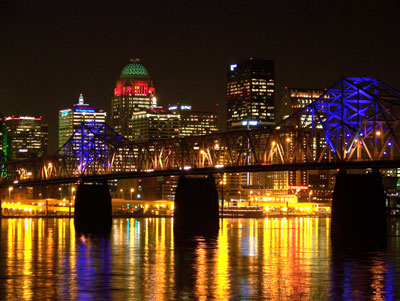All Nonfiction
- Bullying
- Books
- Academic
- Author Interviews
- Celebrity interviews
- College Articles
- College Essays
- Educator of the Year
- Heroes
- Interviews
- Memoir
- Personal Experience
- Sports
- Travel & Culture
All Opinions
- Bullying
- Current Events / Politics
- Discrimination
- Drugs / Alcohol / Smoking
- Entertainment / Celebrities
- Environment
- Love / Relationships
- Movies / Music / TV
- Pop Culture / Trends
- School / College
- Social Issues / Civics
- Spirituality / Religion
- Sports / Hobbies
All Hot Topics
- Bullying
- Community Service
- Environment
- Health
- Letters to the Editor
- Pride & Prejudice
- What Matters
- Back
Summer Guide
- Program Links
- Program Reviews
- Back
College Guide
- College Links
- College Reviews
- College Essays
- College Articles
- Back
How to Get Filthy Rich in Rising Asia by Mohsin Hamid
In the midst of global change, a young man struggles to get filthy rich, but mostly survive, in rising Asia.
The title may draw people away at first--a self-help book? It’s made to parody the rise of such books popping up in Asia, devoured by youths eager to further themselves. Or, as Hamid describes in one chapter, any book really can be considered self-help; one reads it to gain some knowledge (non-fiction) or wisdom (fiction) they hadn’t before. As for this book specifically, some declare it a love story, or a manifesto. To me, it read like a story of epic proportions that is still somehow universal. Indeed, disguised as a self-help book, it’s written in second person, encoding every statement like a series of commands. This “you” takes on actions that are bold, daring, brash. The story of a young man in an unnamed country in Asia unfolds over twelve chapters, each like a snapshot into the life of the young man, never staying too long in one time in his life--as a fighting youth, corporate middle-aged man, and all too soon, a grizzled elder. Chapters named “Work for Yourself,” “Be Prepared to Use Violence,” and “Focus on the Fundamentals” are like the successive lessons he learns.
Like Parul Sehgal for the New York Times describes in a review, the book “works on a head-splitting number of levels.” They don’t call it “filthy” rich for nothing. And without naming a specific country, though the author hails from Pakistan, the book is not shoehorned to any one nationality. Indeed, this aggressive, ambitious gentrification and expansion could be seen in many Asian countries. Urban versus rural; rich versus poor; there are endless parallels to be made about the polarizing gap between groups of people. The book serves as its own glorious portrait of a polluted, unnamed city (dawn and dusk are described in avid hues of metallurgy), the teeming city’s thirst, egged on by overpopulation, fuels the character’s ingenious idea to go into the water bottling business.
The main marvel of the book is that it’s intensely believable. The main character, and a woman who is simply known from adolescence to old age as the “pretty girl,” are believable, as well as other characters great and small, given a dose of nepotism and cynicism. The pretty girl’s own career arc is almost too plausible in an image-obsessed world, going from model, TV cooking show personality, boutique owner, to townhouse landlady in a matter of years. But the book shows its true colors with a shred of romanticism. As the protagonist and pretty girl’s lives criss cross, uncross, and criss cross again, you begin to believe in fate. Or not--you might be frustrated with their relationship with each other, how, even when their thoughts pull each other together, they are only able to truly exist in each other’s lives for brief, bright moments amidst economic upheaval. And if for nothing else, read the book for its writing. Hamid works with a surgeon’s scalpel in positioning his words. He’s so specific and seamless that the book moves like the passage of time, sometimes catching you when you land a few decades down from where you thought you’d be. Or, read the book to get filthy rich. It depends on how you define it. Filthy rich in experience, love, life...or, hey, money.

Similar Articles
JOIN THE DISCUSSION
This article has 0 comments.

What does "THHRe" stand for? It's THE HOLY HITCHHIKE’S REVIEW...A shorter version of the Hitchhike, reviews principally concerning books, movies, and music. Enjoy, and let loose your commentary and suggestions below. A new column of THH every Friday!